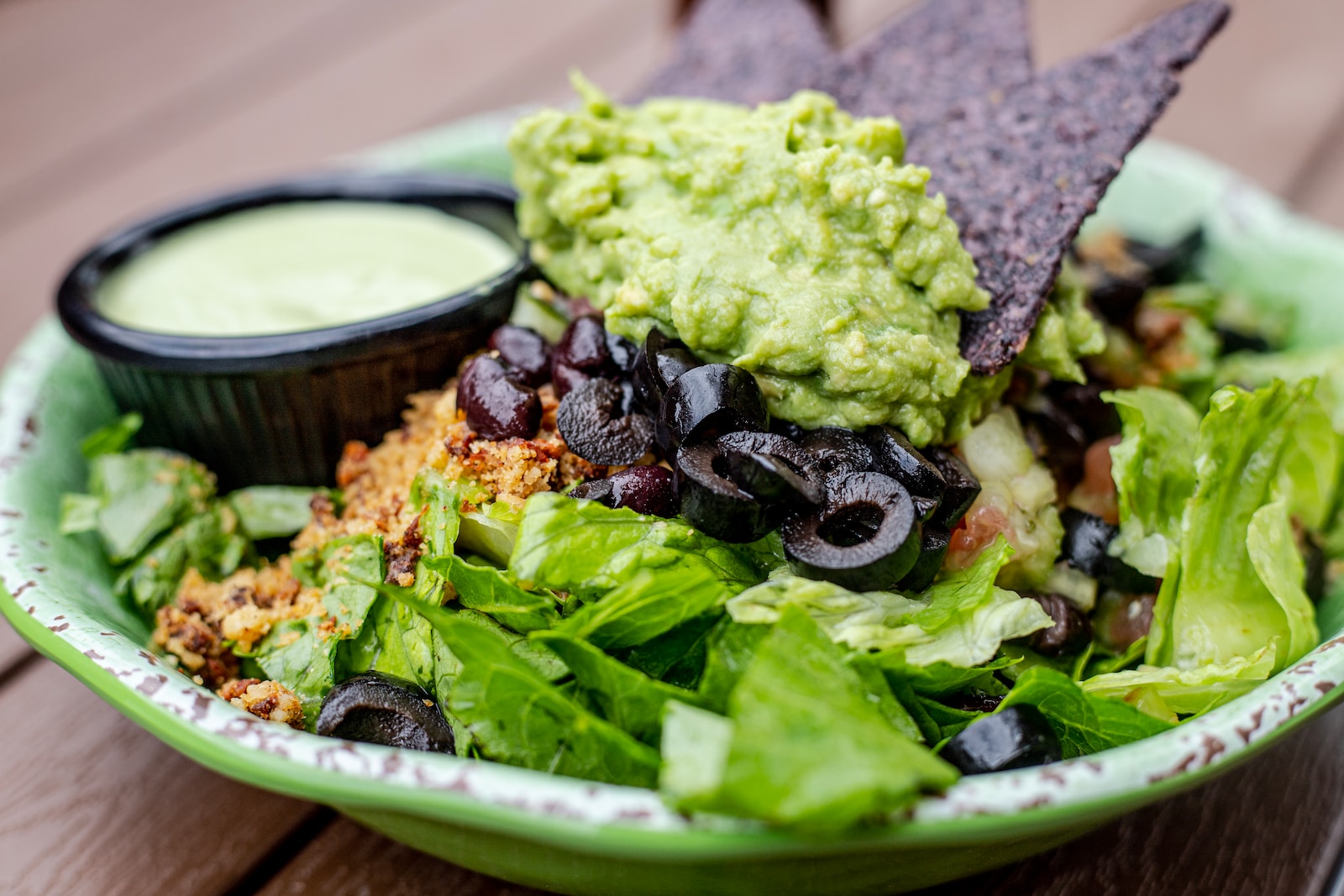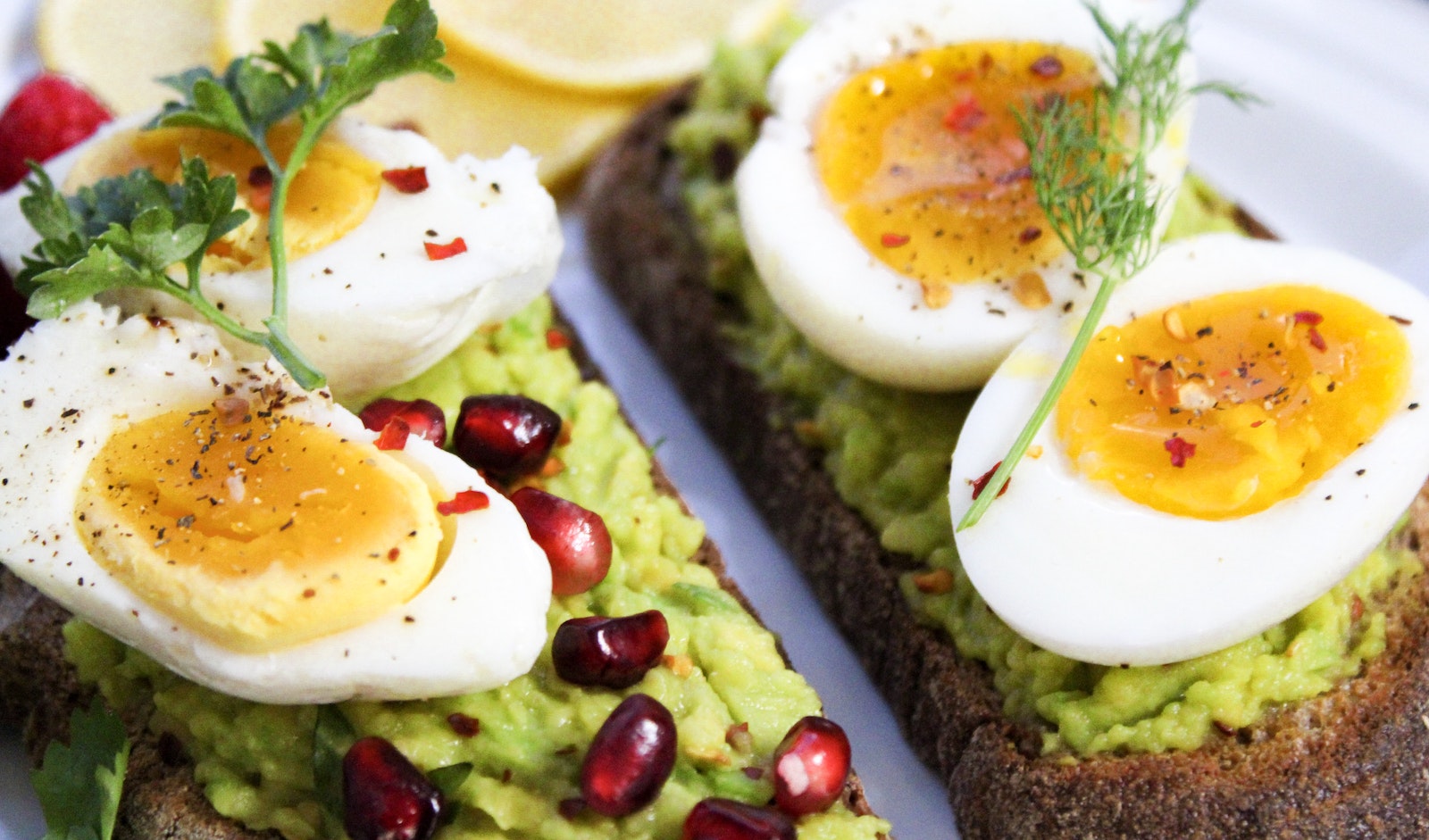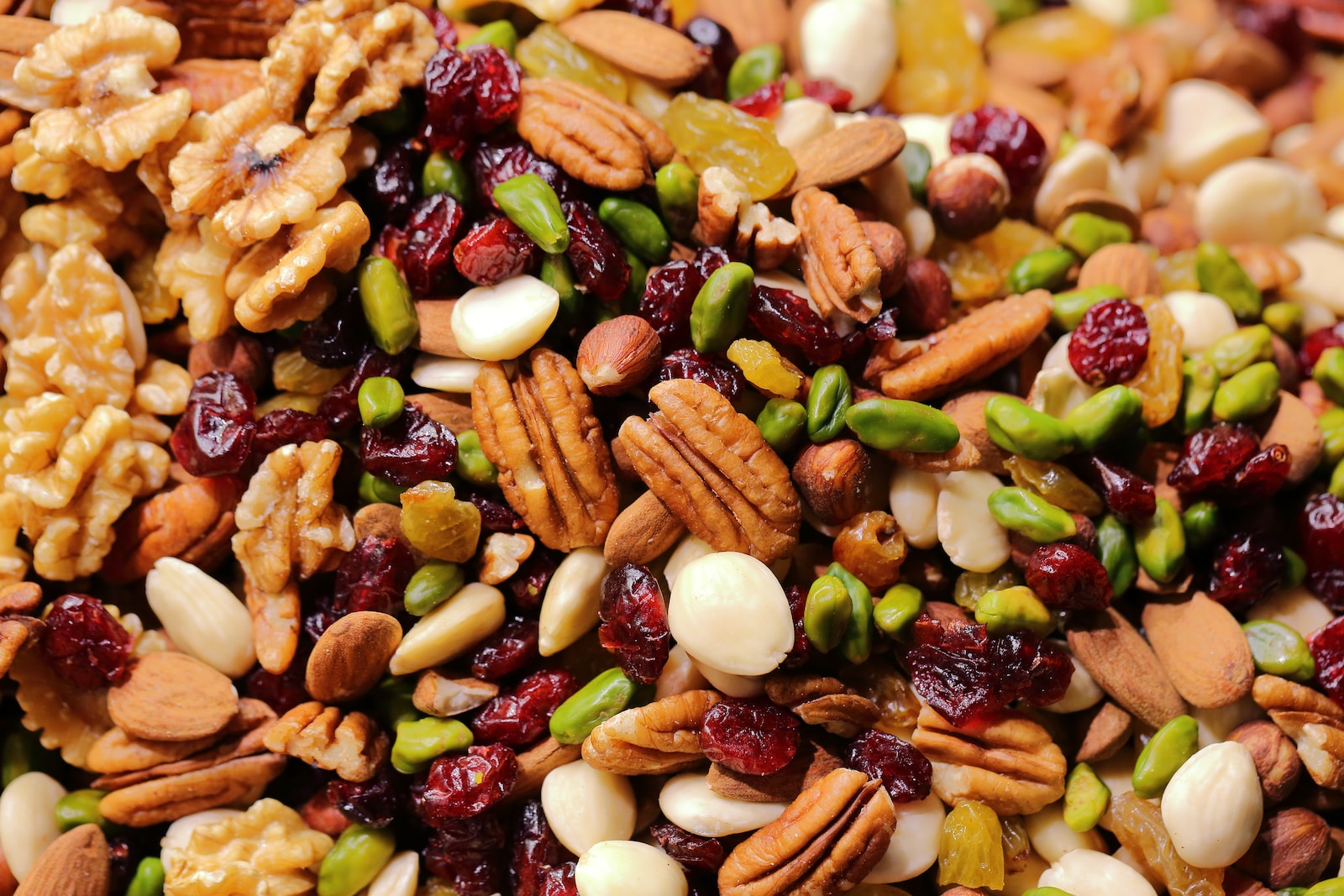Embracing a Healthy Low-Carb Diet Lifestyle
In the quest for a healthier lifestyle, many individuals are turning to the benefits of a low-carb diet. A paradigm shift in the way we approach nutrition has led to the popularization of this dietary regimen, emphasizing the reduction of carbohydrates while focusing on the consumption of healthy fats and proteins. This approach not only aids in weight management but also offers a plethora of health benefits.
The fundamental principle behind a healthy low-carb diet is to limit the intake of sugars and starches, forcing the body to burn fat for energy instead of relying on glucose derived from carbohydrates. By adopting this approach, people experience stabilized blood sugar levels, reduced cravings, and improved mental clarity.
Furthermore, a healthy low-carb diet has been associated with numerous health advantages, including improved cardiovascular health, enhanced mental well-being, and better control over diabetes. In this journey towards wellness, individuals discover a world of delicious, nutrient-dense foods, ranging from vibrant vegetables to high-quality proteins, promoting overall vitality and longevity. This introduction explores the transformative power of embracing a healthy low-carb diet, delving into the science behind it and uncovering the myriad ways it can revolutionize the way we think about nutrition and well-being.
Healthy Low-Carb Diet
A healthy low-carb diet is a nutritional approach that emphasizes reducing the intake of carbohydrates, primarily found in grains, starchy vegetables, sugary foods, and processed snacks. Instead, it promotes the consumption of whole, nutrient-dense foods, such as non-starchy vegetables, lean proteins, healthy fats, and some fruits in moderation. The main goal of a healthy low-carb diet is to encourage the body to burn stored fat for energy, leading to various health benefits.
Benefits of Healthy Low-Carb Diet
Adopting a healthy low-carb diet offers a multitude of benefits that contribute to overall well-being:
- Weight Loss: Limiting carb intake promotes fat loss, aiding in weight management and reducing body fat percentage.
- Stable Blood Sugar Levels: Low-carb diets help regulate blood sugar, crucial for individuals with diabetes or insulin resistance.
- Improved Heart Health: Lowering carbs can lead to reduced triglycerides, blood pressure, and cholesterol levels, supporting heart health.
- Enhanced Mental Clarity: Stable blood sugar levels contribute to improved focus, concentration, and mental clarity.
- Reduced Cravings: Low-carb diets can decrease sugar cravings, making it easier to resist unhealthy, processed foods.
- Increased Energy: By relying on fat for energy, individuals experience sustained energy levels throughout the day.
- Better Digestion: A low-carb diet often includes fiber-rich vegetables, promoting healthy digestion and preventing constipation.
- Reduced Inflammation: Lower carb intake may reduce markers of inflammation in the body, potentially lowering the risk of chronic diseases.
- Improved Skin Health: Some people experience clearer skin and reduced acne when following a low-carb diet due to stabilized blood sugar levels.
- Better Management of Metabolic Conditions: Low-carb diets have been shown to be effective in managing conditions like metabolic syndrome, polycystic ovary syndrome (PCOS), and fatty liver disease.
Also Read: Bliss Belly Fat Trimming Tea’s
List of Healthy Low-Carb Diet
Following are the best healthy low-carb diet:
Leafy Greens

Leafy greens, including spinach, kale, and Swiss chard, constitute outstanding choices for a low-carb diet. Beyond being low in carbohydrates, these verdant wonders are replete with fiber, antioxidants, and vital minerals, bestowing a wealth of health benefits. Embrace the versatility of leafy greens by artfully incorporating them into your meals, be it through luscious salads, sizzling stir-fries, or snug wraps for a nourishing and fulfilling supper.
Lean Protein
In the quest for muscle building and repair, the significance of lean proteins on a low-carb diet cannot be overstated. Delight your palate with chicken, turkey, fish, and tofu, exceptional sources of premium-quality protein with minimal carbohydrates. Elevate your culinary adventures by grilling succulent chicken breasts, baking flaky fish fillets, or marinating tofu to infuse tantalizing flavors.
Eggs: Versatile and Nutrient-Dense

Among the pantheon of low-carb delights, eggs stand out as remarkably versatile and nutrient-dense. An exemplary addition to any low-carb regimen, eggs boast a relatively low carb content while being brimming with protein and wholesome fats. Indulge in the creativity of culinary artistry by savoring boiled, scrambled, or omelet-style eggs, generously adorned with an array of vibrant veggies for a harmonious and gratifying lunch.
Cruciferous Vegetables
Steering towards the low-carb bounty of cruciferous vegetables, we encounter broccoli, cauliflower, and Brussels sprouts, hailed for their carb-light profiles and a treasure trove of fiber, vitamins, and minerals. Embrace their delightful crunch by relishing them roasted, steamed, or stir-fried, accentuating their inherent wholesomeness as they grace your table as delectable and healthful side dishes.
Also Read: Smart Late-Night Snacks
Berries
For those who harbor a sweet tooth, the realm of low-carb indulgence opens up with a delightful assortment of berries. Strawberries, blueberries, and raspberries entice the taste buds with their natural sweetness while offering a bounty of antioxidants and essential vitamins. Surrender to the allure of these luscious berries as they grace your meals, imparting delightful sweetness without triggering significant spikes in blood sugar.
Nuts and Seeds

Incorporating nuts and seeds into your low-carb journey imparts a delectable marriage of healthy fats, protein, and fiber. Savor the delightful crunch of almonds, walnuts, chia seeds, and flaxseeds as they lend their rich nutritional profile to elevate salads, harmonize with yogurt, or compose a bespoke low-carb granola, a crunchy and fulfilling treat.
Avocado
Among nature’s most sumptuous offerings, avocados stand as a creamy and nutrient-dense fruit, elegantly aligned with the tenets of a low-carb diet. These delectable fruits boast heart-healthy monounsaturated fats and effortlessly enrich salads, enliven low-carb tacos, or culminate as the soul of homemade guacamole.
Greek Yogurt
Embark on a journey of wholesome nourishment with the inclusion of protein-rich Greek yogurt in your low-carb repertoire. Unveil its velvety texture and probiotic goodness as it adorns smoothies or crowns low-carb desserts, granting an indulgent creaminess and refreshing tang to your culinary endeavors.
Olive Oil: Healthy Fats for Flavor

Embrace the elegance of olive oil, a low-carb culinary darling enriched with healthy fats and gracefully low in carbohydrates. Unleash the art of culinary finesse as olive oil infuses your dishes with captivating flavors, from tantalizing salad dressings to masterful sautéing and drizzling over roasted vegetables.
Cauliflower: The Low-Carb Chameleon
In the realm of low-carb culinary alchemy, cauliflower stands as a true chameleon, eager to transform into a multitude of scrumptious and healthful alternatives to higher-carb fare. Unveil the wonders of cauliflower rice and cauliflower pizza crust as they dazzle your taste buds with both flavor and virtue.
Also Read: Plant Based Protein
Conclusion
In conclusion, a healthy low-carb diet stands as a beacon of balanced nutrition and holistic well-being. By prioritizing nutrient-dense, low-carbohydrate foods, individuals not only achieve their weight management goals but also enhance their overall health. Embracing this lifestyle fosters sustainable habits, sharpens mental acuity, and bolsters physical vitality.
FAQs
Low-carb diets come in various forms, each tailored to different carbohydrate restrictions, allowing individuals to find a suitable approach aligning with their unique needs and goals.
No, a balanced low-carb diet focuses on reducing carb intake to an appropriate level while still incorporating essential nutrients.
Absolutely, by embracing plant-based sources of protein, healthy fats, and low-carb vegetables, vegetarians and vegans can thrive on a low-carb regimen.
Some individuals may initially experience side effects like headaches or fatigue, commonly known as the “keto flu.” However, these symptoms typically subside as the body adapts to the new dietary pattern.




